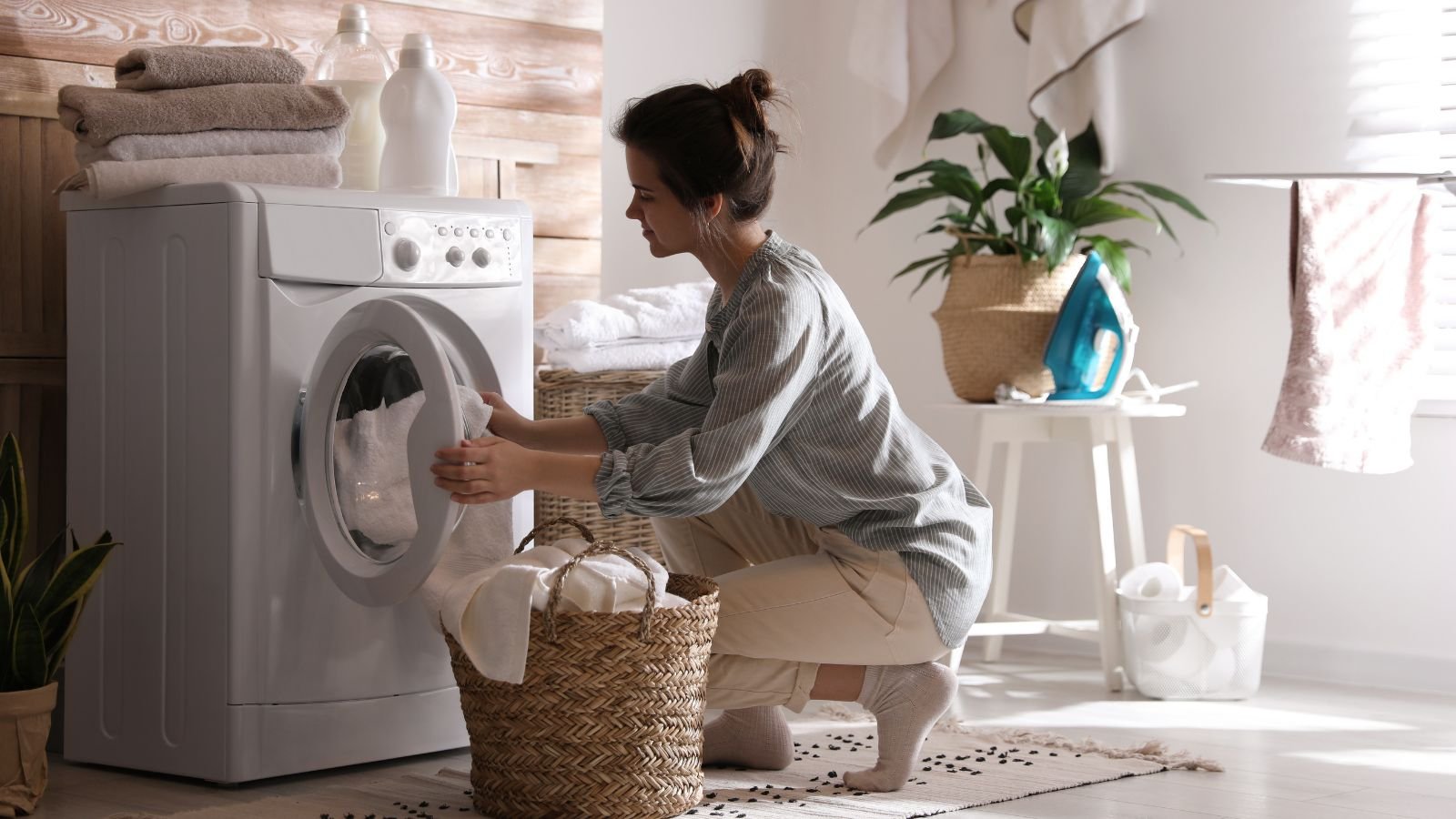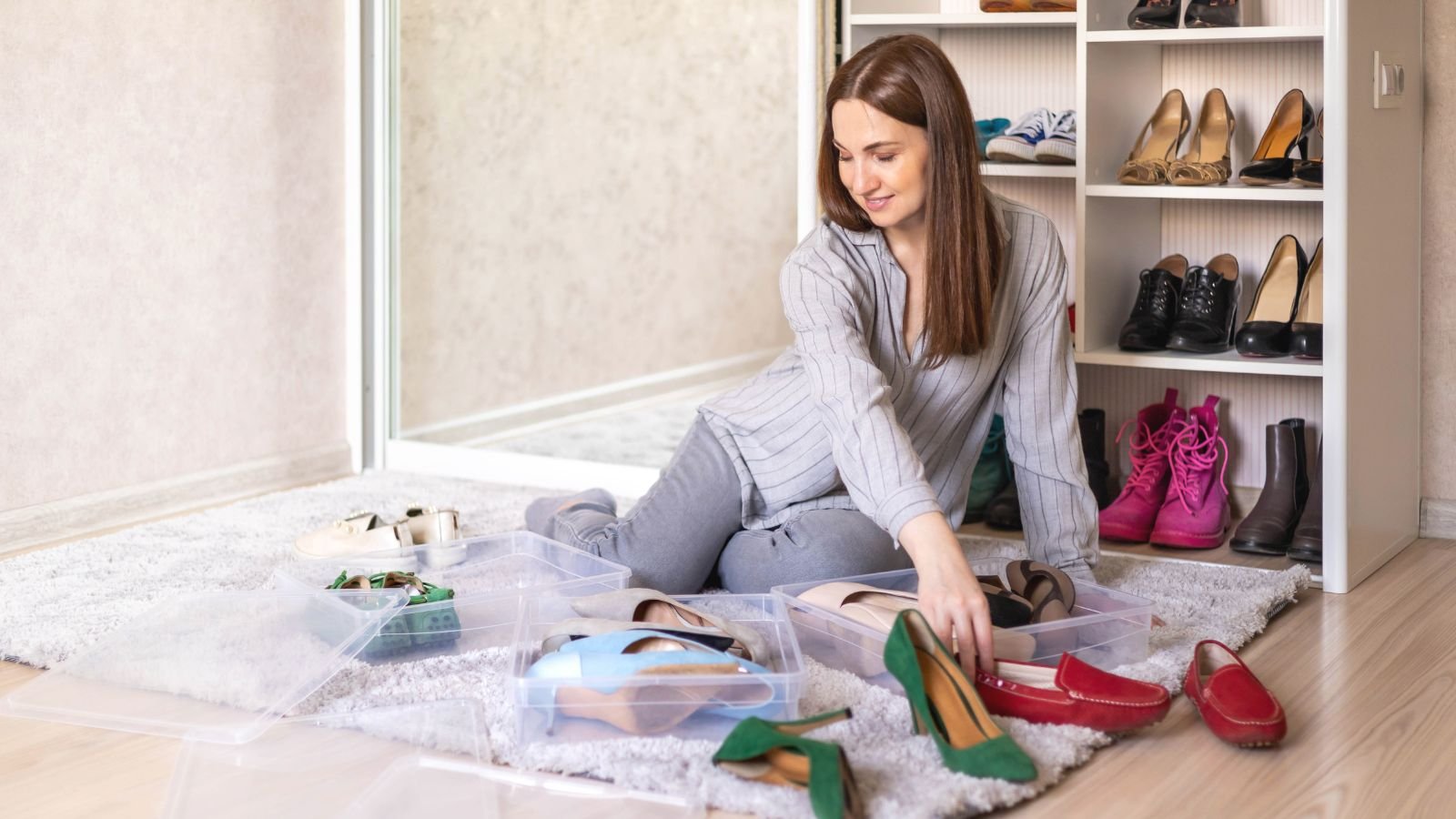Keeping a bedroom closet organized and clutter-free is essential for a peaceful environment. Certain items can cause unnecessary mess or damage if stored improperly in this space. By being mindful of what you store in your closet, you can create a more functional and serene area for rest.
Food Items

Storing food in your closet can attract pests like insects and rodents, leading to infestations. With an estimated 21 million homes in America getting invaded by rodents every year, food should be kept in the kitchen or the designated pantry area. This can help in proper food storage and protection from pests.
Valuables and Jewelry

Keeping high-value items like jewelry in your closet makes them vulnerable to theft. An average of more than 1 million burglaries happen every year in America. Among the common things taken in the break-ins are household goods. Valuable possessions should be stored in a secure, locked safe or safety deposit box to reduce the risk of theft and loss.
Medicine

Keeping medications in a closet can make them hard to find in emergencies. It may also expose them to improper storage conditions. As per the FDA, many medications lose their efficacy when kept in a warm and humid atmosphere. Medications should be stored in a cool, dry place, such as the medicine cabinet or a designated storage area. It ensures their efficacy and accessibility.
Dirty Laundry

Storing dirty clothes in your closet can lead to unpleasant odors and attract pests. The average home performs around 300 loads of laundry a year according to the research by the American Cleaning Institute. Dirty laundry should be kept in a designated hamper or basket outside of the closet. It helps in maintaining a fresh, organized space.
Unused Bedding

Excess linens, such as extra sheets, blankets, and pillows, can occupy valuable space in your closet. If these items are not used for extended periods, they may develop a musty smell as well. Instead, store them in a linen closet or use under-bed storage to free up space in your bedroom closet. Rotating seasonal bedding between storage areas can help keep your closet organized and functional year-round.
Important Documents

Storing vital documents like passports and social security cards in your bedroom closet is not recommended. It increases the risk of them being misplaced, damaged, or stolen. According to The Identity Theft Resource Center, 352 million individuals were affected due to identity theft. These sensitive documents should be kept in a secure, designated storage location, such as a fireproof safe or a bank safety deposit box. It aids in preventing unauthorized access and ensures their protection.
Cleaning Supplies

Every year, the average American family spends more than $600 on cleaning supplies. When it comes to storage, many choose their bedroom closets. However, harsh chemicals used for cleaning can pose a risk of spills or leaks. This can potentially damage your clothing stored in the closet. It is safer to keep these supplies in a designated area away from your closet.
Expired Cosmetics

Old beauty products can expire, lose effectiveness, or even become harmful. According to the Mayo Clinic Health System, makeup usually lasts around 12- 18 months. It is important to regularly check the expiration dates of your cosmetics and dispose of any expired items to avoid potential skin irritation or other adverse effects.
Books and Magazines

Storing books and magazines in your closet can cause them to become musty and attract pests. The lack of airflow and increased humidity in closets can speed up the deterioration of paper materials. This might eventually result in the formation of mold and bad smells. It makes it essential to store reading materials in a well-ventilated space.
Old Clothes You Never Wear

Holding onto clothes you do not wear clutters your space and makes it harder to organize. Most individuals do not wear 50% of their clothing as they remain stored in the closet. It is best to purge your closet of items you do not or no longer wear. You can do so by donating, selling, or properly disposing of them.
Broken Items

If an item is broken and you have no plans to fix it, it is best to simply get rid of it rather than store it in your closet. Broken items just take up valuable space and create clutter. Additionally, storing broken items can lead to a disorganized and stressful environment. Keeping your closet clear of such items ensures it remains a functional and calming space.
Candles and Incense

In the U.S., 7 out of 10 families always have candles. Storing candles and incense in your closet can be problematic. This is because these items can melt or get damaged in an enclosed space. It can also affect your clothing. It is best to keep them in a cool, dry place, such as a cabinet or a dedicated storage area.
Shoes You Never Wear

An average American owns 19 pairs of shoes, many of which are rarely worn. However, if you do not use them regularly, they will just take up valuable space in your closet. Consider donating or storing them elsewhere. Moreover, keeping unused shoes in your closet can create clutter and make it harder to find the items that you use frequently.
Old Electronics

Outdated devices, such as old phones or chargers, can create unnecessary clutter in your closet. The sales of consumer tech products are expected to cross $500 billion by the end of 2024. The increasing number of sales results in the rise of electronic waste. It is important to recycle them or properly dispose of these items rather than holding onto them.
Empty Boxes

Holding onto empty boxes, such as those from shoes or other purchases can take up valuable space in your closet. It is better to recycle these boxes instead of keeping them. They contribute to unnecessary clutter and can make it harder to find and access items you actually use. Streamlining your closet by removing empty boxes will create a more organized and efficient storage space.
